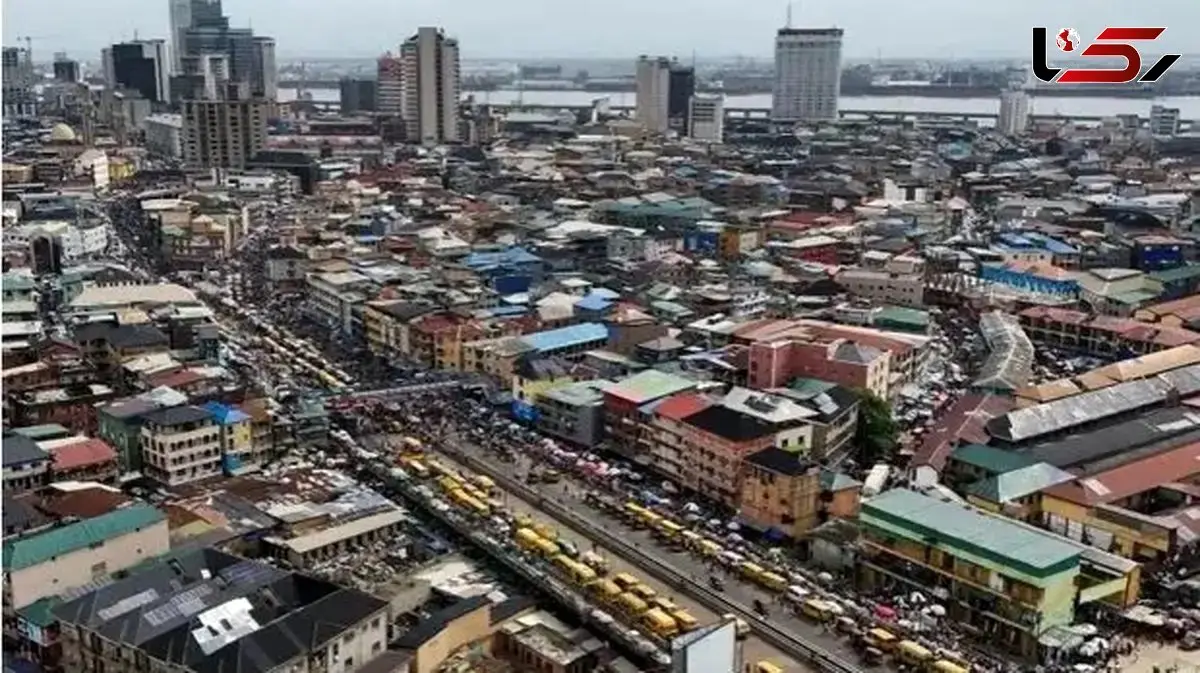Possible U.S. Military Strike on Nigeria: The Motive Behind the Claim of Protecting Christians
Rokna Political Desk: The White House announced that, under orders from Donald Trump, the U.S. Department of Defense is preparing contingency plans to respond to what the president described as the “persecution of Christians” in Nigeria, with the final decision to be made personally by the president.

The Pentagon has reportedly received instructions to draw up various emergency scenarios for Nigeria following Trump’s threats to deploy troops to halt what he referred to as the “mass killing of Christians” in the African nation.
According to reports, after Trump posted his remarks, several commanders from the U.S. Africa Command (AFRICOM) were urgently summoned for consultations.
Trump was said to have become “instantly furious” while watching a televised report on attacks against Christians in Nigeria during his flight to Florida last Friday, demanding further details on the situation. Sources indicated that his threats were intended to gauge the Nigerian government’s reaction.
On Sunday, Trump stated that the U.S. military could deploy troops in Nigeria or carry out airstrikes to stop what he called the killing of large numbers of Christians in the country.
The following day, he warned that if Nigeria — Africa’s most populous nation — failed to take serious measures to “end the killing of Christians,” the United States would consider military action.
Nigeria’s presidency expressed shock at Trump’s remarks regarding possible military intervention.
Daniel Bwala, adviser to Nigerian President Bola Tinubu, said that Abuja welcomed U.S. cooperation provided that the country’s territorial integrity is respected.
Bwala sought to ease tensions between the two nations, despite Trump describing Nigeria as a “disgraceful” country.
“We don’t take such remarks literally because we know Donald Trump holds goodwill toward Nigeria,” Bwala said, adding that once both leaders meet and engage in dialogue, “better outcomes will be achieved in our shared determination to combat terrorism.”
Trump’s threat of military intervention came a day after Washington reinstated Nigeria on the list of “countries of particular concern,” which the U.S. says violate religious freedoms.
President Bola Tinubu, a Muslim from southern Nigeria married to a Christian, responded to allegations of religious bias by defending his country’s commitment to protecting religious freedoms.
According to World Bank data, Nigeria’s population surpassed 220 million in 2023, comprising around 250 ethnic groups.
More than half of Nigerians are Muslim, a faith introduced in the 11th century and predominant in the north, while Christians form the majority in the south, with smaller communities adhering to other religions.
In recent years, Plateau State and other regions in the “Middle Belt” have witnessed violent clashes between mostly Christian farmers and Muslim Fulani herders over dwindling land and resources.
These conflicts have resulted in hundreds of deaths, mostly among farming communities, and some villages have been completely destroyed. Retaliatory attacks targeting herders and their livestock have also been reported, though they have received less media attention.
Analysts say the violence, though often described in religious or ethnic terms, is rooted in poor land management and weak governance in rural areas. Some residents of Plateau State have described the situation as “genocide” based more on ethnicity than religion.
Meanwhile, Nigeria continues to face armed attacks by the extremist group Boko Haram in the northeast and by criminal gangs operating in the northwest. Both areas, largely Muslim, have suffered heavy casualties from ongoing violence.
Send Comments